Review of Gentleman`s Agreement
Introduction
Intolerance and prejudice seem to be part of human nature. If you lack evidence, just watch the news and what you find is often depressing. But things have changed, and they keep on changing. Not in radical shifts of opinion, but in small and often unnoticeable changes. Every generation is better educated than the last and rather than racism being equally strong, our tolerance for prejudice lessens. What may have been acceptable 20 years ago is no longer acceptable today. It`s a slow difficult battle, with the occasional setback, but the rewards are infinite. Education has always been the key to greater understanding and cinema has often been instrumental in that education. Hollywood, despite its track record (African American best actress and actor Oscars in 2002. What took so long?) has done its part in making some great cinema to help lessen intolerance. I hadn`t realised that they had been doing this for so long however until I had seen Gentleman`s Agreement. Made in 1947 and winner of the Oscar for Best Picture, Gentleman`s agreement explores the anti-Semitism that a writer faces when he presents himself as Jewish.
Phil Green is a magazine writer who moves to New York with his son to start a new job. He is expecting a nice simple assignment to get his feet wet, but is somewhat flummoxed when his publisher asks for a piece on anti-Semitism. He is unable to come up with an angle, which isn`t dry or loaded with statistics until he draws inspiration from a conversation with his mother. Being new to New York, he decides that the best way to see how Jews are treated by society is to be Jewish himself. The only people who know otherwise are his family, his publisher and the publisher`s niece, Kathy Lacey. Kathy was the one who suggested the story in the first place, and soon after they meet, Kathy and Phil develop a romantic relationship that rapidly deepens. He is introduced at the magazine to everyone as Jewish and starts living as a Jew in New York society. Very soon he comes up against prejudice and it soon becomes difficult not to take it personally. He gains a better perspective on the matter when his friend Sam Goldman, himself a Jew comes to New York. Things come to a head when his son Tommy suffers from racist taunts.
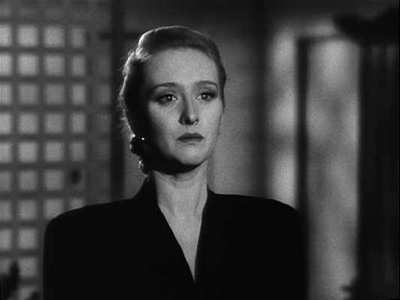
Video
The picture is a regular 4:3 ratio, filmed in glorious monochrome. The picture is in remarkably good shape after half a century. There are some specks of dirt here and there, perhaps the worst damage is the loss of a few frames, which result in the film jumping in a couple of scenes, but there is no damage to image itself. The transfer to DVD is very good, with the image sharp and the contrast strong. Director Elia Kazan picked up an Oscar for his work in this film and it shows.
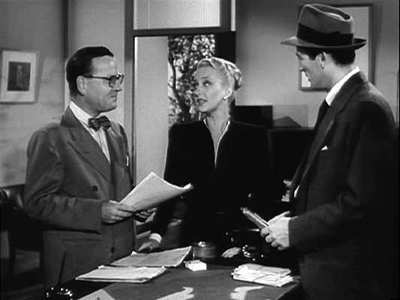
Audio
The Sound is presented in DD 2.0 mono English. It is perfectly functional and the dialogue is always clear.
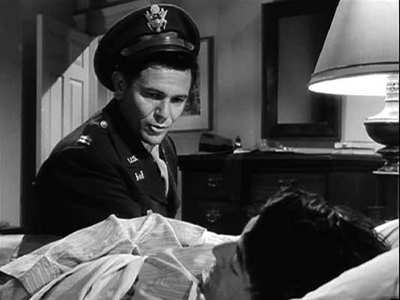
Features
The extras consist of a trailer, which is interesting if only for its quaintness. So this is how films were advertised 50 years ago. There is also a cast gallery, which puts names to the faces. Unfortunately it doesn`t go on to tell you anything about the cast, so it really is quite redundant. The menu screens are all nice and anamorphic, but static and uninspired. There are also subtitles in 10 languages.
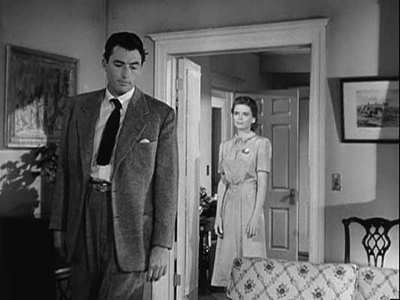
Conclusion
It`s interesting to see how Hollywood tackled the subject of racism and intolerance 50 years ago. Having to conform to a stricter `moral` code, they were restricted in exactly what they could do and how they could tackle certain subjects. It`s indicative in the trailer that anti-Semitism is referred to as a taboo subject, which must be a sign that this film was very controversial for its time. Unfortunately it is very tame for 2002. Perhaps that isn`t unfortunate, more a sign of how far we as a society have come.
When this film was made, Hollywood operated under the studio system and actors were stars first and foremost. The image of the star mustn`t be compromised at any cost and hence the actors were far more tightly controlled in their performances. Gregory Peck stars as writer, Phil Green, who is faced with growing prejudice in an anti-Semitic society. He remains quietly offended at situations that would have most of us screaming in frustration, but his sense of moral outrage grows and he is effective at convincing us of the terrible situation that he experiences. Dorothy McGuire is his fiancé, Kathy who originated the idea for the article, but when she is confronted with prejudice from her friends and peers towards the ersatz Jew, she finds herself faced with the fact that her own passive acceptance of the situation is perpetuating the intolerance. I had felt a little uncomfortable by the idea of a man putting on the mantle of another faith, simply to write a magazine article, but the introduction of Dave Goldman, played by John Garfield sorts that out by bringing a genuine Jewish viewpoint and balance to Phil Green`s experience. A sense if you must of how it really is. Celeste Holm plays Anne Dettrey, another columnist at the magazine, and her sassy, no nonsense personality really lightens the story. Her casual acceptance of Phil irrespective of background is wonderfully idealistic and she was by far my favourite character in the film. Dean Stockwell, a great child actor plays Phil`s son Tommy and is very convincing in the part.
This film, as a period piece has dated terribly. Occasional references went straight over my head, such as `Bilbo` or other (I`m assuming) notorious anti-Semites named in the film. However as a morality tale it stands up extremely well. The fundamental issues in this film, of prejudice and intolerance will be relevant for a long time, and seen in that light, this film still has the power to educate and inform. Rather than the hard-hitting story that we would expect today, Gentleman`s Agreement is a tale told simply and softly. It takes its time getting to the meat of the story, preferring to firmly establish the characters and letting us get to know them first. The incidents of intolerance that Phil Green is confronted with are underplayed and non-sensationalist, speaking for themselves. This film presents a balanced view; victims of racism can also be guilty of perpetuating that racism as in the behaviour of the secretary, Miss Wales. However, Hollywood it seems can fight only one battle at a time. Despite the films laudable attempts to fight intolerance, 1947 New York is a wholly Caucasian city even though Phil Green states he despises derogatory terms for Jews as much as African Americans. However unfortunate the social climate was back then, we must acknowledge that the film is an admirable attempt at social commentary. If the message is a little simplistic, the story is fundamentally uplifting and even after all this time conveys a moral message with a style and grace that few films have managed since.
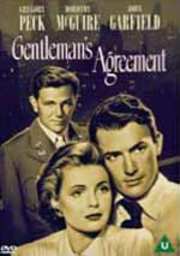




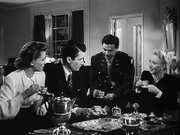
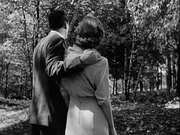
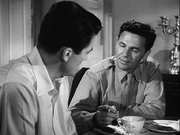
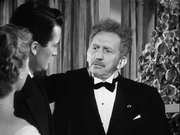
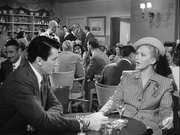
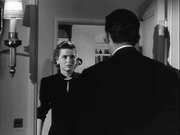
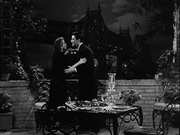
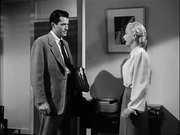
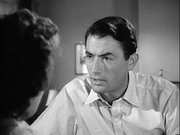
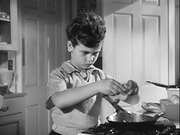
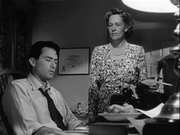
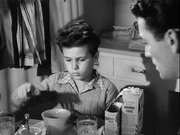
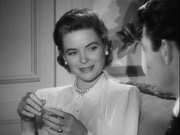
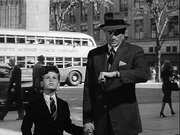
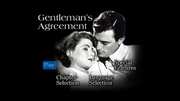
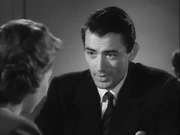
































Your Opinions and Comments
Be the first to post a comment!